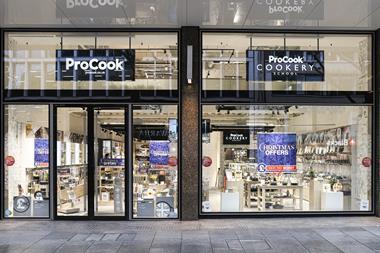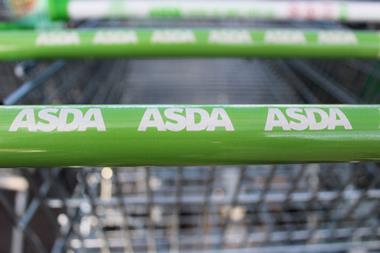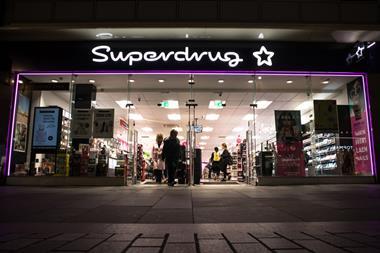New data shows that nearly a quarter of UK households are looking to the second-hand or resale markets as they look to deal with steepling costs driven by rampant inflation.
A new report by Retail Economics and law firm Squire Patton Boggs found that more than 7 million Brits are turning to the second-hand market to deal with the cost-of-living crisis.
This shift in customer behaviour is particularly prevalent among the millennial (25- to 44-year-old) and Gen Z (18- to 24-year-old) age brackets, with 30% and 28% of respondents buying more resale or second-hand products.
Not only is the cost-of-living crisis changing the way customers shop, but it is also altering where consumers choose to spend their hard-earned money.
The data found that one in three shoppers are consciously looking to switch to cheaper brands or retailers, while one in four plans to research more online and use price comparison tools before committing to a purchase.
Despite customers keeping an eye out for bargains in an inflationary environment, consumers are not willing to compromise when it comes to brand reputation.
Three-quarters (78%) of consumers would not switch to a cheaper brand if its company values did not align with their own.
As with the shift to the resale and second-hand markets, this consumer shift is being driven by younger customers, with more than two-thirds of Gen Z shoppers considering ethical and environmental credentials as an important factor when choosing where to spend.
The data also shows that the pandemic has left consumers with higher expectations when it comes to service from retailers, with nearly a quarter (24%) of respondents saying they would happily pay more in return for a better or more memorable shopping experience, despite soaring inflation.
Cutting back
Overall, though, the picture is bleak, with 68% of respondents across all demographics planning to spend less on non-essential items this year.
In terms of retail and leisure, more than a quarter (29%) say they plan to stop buying non-essentials such as holidays, furniture and electrical items altogether.
This will be particularly prevalent among less affluent households, with the research showing they are almost twice more likely to sacrifice non-essentials than the most affluent as economic pressures mount.

By age demographics, younger consumers (millennials and Gen Z) are less likely to cut back on experiences such as holidays and dining out, compared to over-45s who are pruning spending on leisure.
Chief executive of Retail Economics Richard Lim said: “As household budgets become squeezed, empathetic and meaningful communication can be a highly effective tool for brands to build loyalty and achieve a competitive advantage.
“However, striking the right tone with shoppers reverberates far beyond the cost-of-living crisis.
“This research shows consumers are paying closer attention to how companies treat their employees and the environment, as well as their customers – and, in some cases, are willing to pay extra to reward companies that ‘do the right thing’.
“The ability to tell a compelling ESG story has become increasingly important to consumers and can be a differentiator of choice for many.
“This has significant implications for how brands connect with consumers, on what platforms, while tailoring a personalised narrative that strongly resonates with them.”
- Get the latest fashion news and analysis straight to your inbox – sign up for our weekly newsletter


























1 Reader's comment